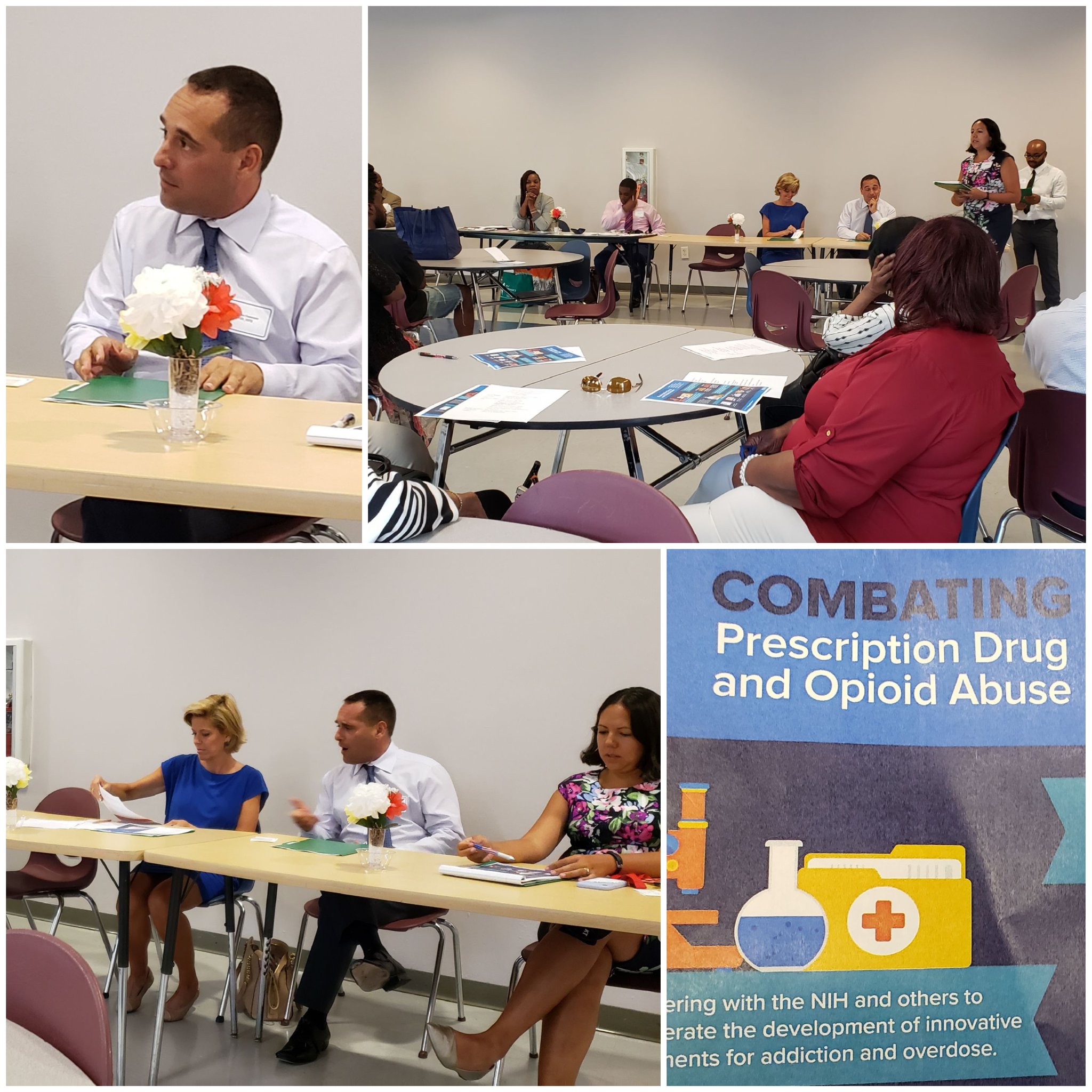Opioid Policies

Much like the rest of the United States, residents of the District of Columbia are struggling with substance use disorder (SUD) rate increases and high rates of opioid-related deaths. Unfortunately, these are multi-faceted issues that require year-long initiatives and systematic programs to address the myriad causes of addiction.
MSDC stands as a partner to the District government and private entities to help arrest the rates of opioid and substance abuse in the District. Through our advocacy for better prescribing practices, education on addiction, and even helping our own community through our Physician Health Program, MSDC is working to make DC a leader in reducing SUD, OUD, and addiction.
On a related note, MSDC is passionate about helping patients make prescriptions and medication more affordable. Whether expanding access to biosimilars or advocating for more affordable co-pays, MSDC wants to help our patients afford the medications they need.
MSDC Statement and Testimony on Opioid and Prescription Issues
25th Council information coming soon
MSDC Announces Advocacy "Curriculum" for DC Physicians
The year 2020 saw increased participation by physicians in advocacy, leading to a number of important advocacy victories. To build on this energy, MSDC is announcing today an advocacy "curriculum" for DC physicians to help engage the community in common advocacy efforts.
This "curriculum" is not a traditional educational series of courses, but practical resources to give physicians the tools and ability to speak out on issues important to the practice of medicine. By participating in events and initiatives throughout the year, DC physicians can equip themselves to be effective advocates for themselves and their patients.
The new advocacy curriculum will launch January 13 with an MSDC WHOW webinar with new Councilmember Christina Henderson. After the Councilmember's presentation and Q&A, MSDC leadership will hold a 30 minute open forum for MSDC members. Members can ask advocacy questions of the leadership, bring up issues they'd like MSDC to advocate for or against in 2021, and learn about upcoming opportunities to get involved.
The advocacy curriculum will include the following opportunities for physicians to sharpen their advocacy skills:
- Monthly advocacy-specific events as part of MSDC's Washington Healthcare on Wednesday (WHOW)
- Open Advocacy Committee meetings to allow MSDC members to hear issues being discussed and contribute opinions on specific issues under discussion by the committee
- Monthly "advocacy advice" posts on the MSDC website
- Videos of MSDC members testifying to show how you can testify before the Council (coming soon)
- A new webpage/resource page on best practices on testifying before Congress and the Council (coming soon)
- More targeted messages and emails on specific issues as they arise throughout the year
- And more
Anyone interested in becoming involved in MSDC's advocacy efforts and contributing can sign up on our website or contact Robert Hay Jr. You can also check MSDC's advocacy agenda for this Council period and past successes in the previous two years.
Sample of Legislation MSDC Tracked on Opioid and Prescription Policy
What does it do? The bill authorizes licensed pahrmacists to dispense interchangeable biological products and requires notifications to physicians when such interchangeables are dispensed.
MSDC position: MSDC has a position of priority support on this legislation, identifying its passage as one of its highest legislative priorities.
Current status: SUCCESS. The bill was passed by the Council and signed by the Mayor.
What does it do? The bill requires prescription opioid medications to include a statement that the drug is an opioid and opioids may cause dependence, addiction, or overdoes.
MSDC position: MSDC supports the legislation.
Current status: The bill had a hearing before the Committee on Health on July 29, 2020. MSDC leader Dr. Sam Kareff testified for the Medical Society. It passed the Council on November 10 and was signed by the Mayor December 7.
What does it do? The bill prohibits insurance companies from factoring the use of PreP in decisions related to disability, life, or long-term care policies.
MSDC position: MSDC supports this legislation
Current status: The bill was introduced on January 8, 2019 and assigned to the Committee on Business and Economic Development.

Leave a comment